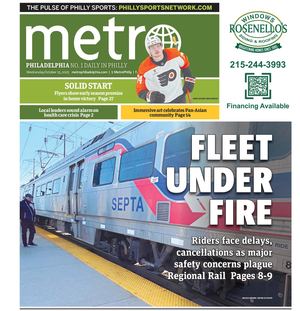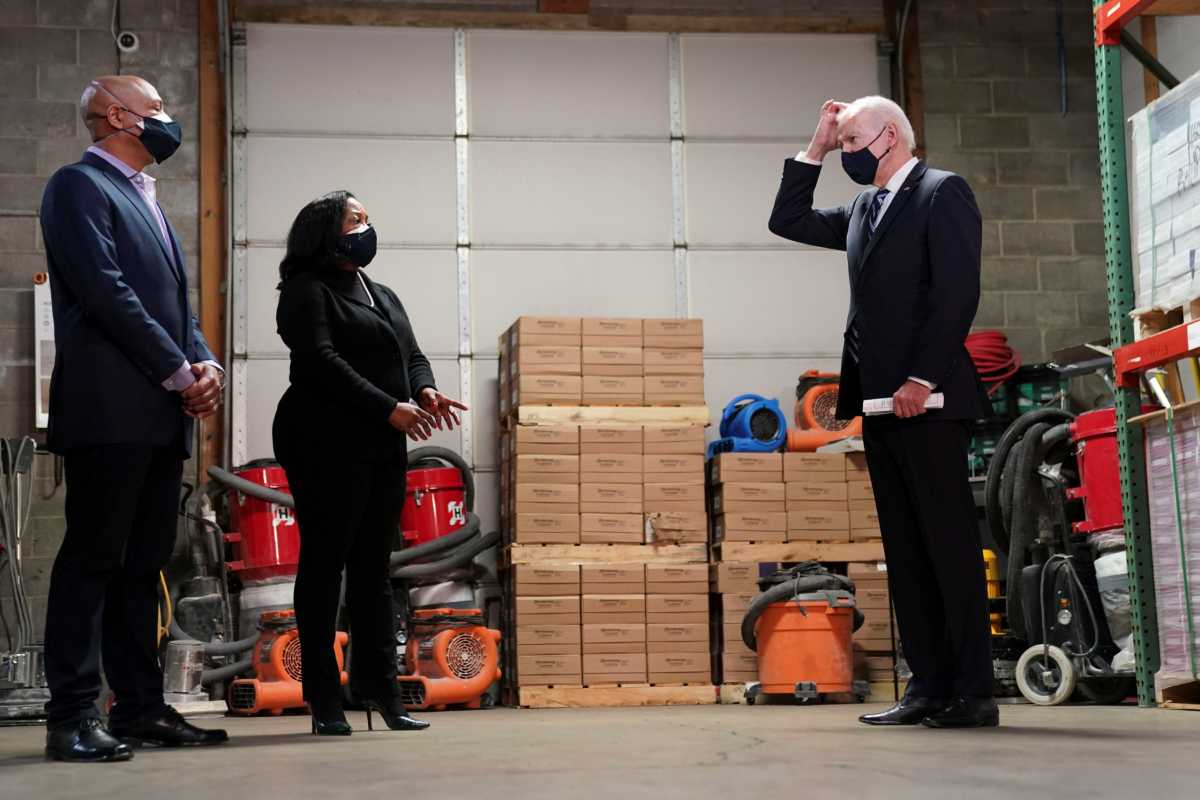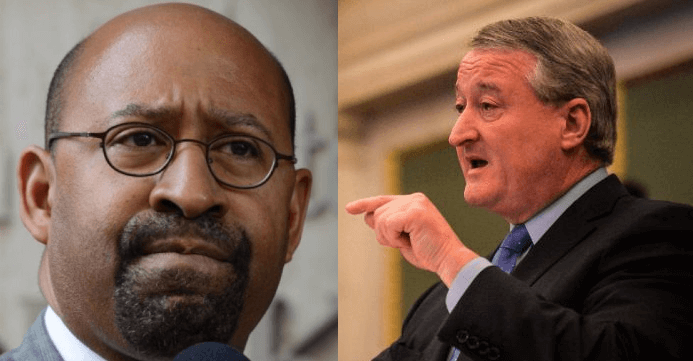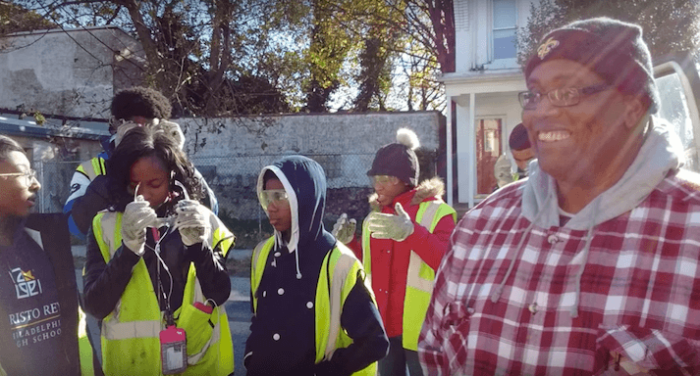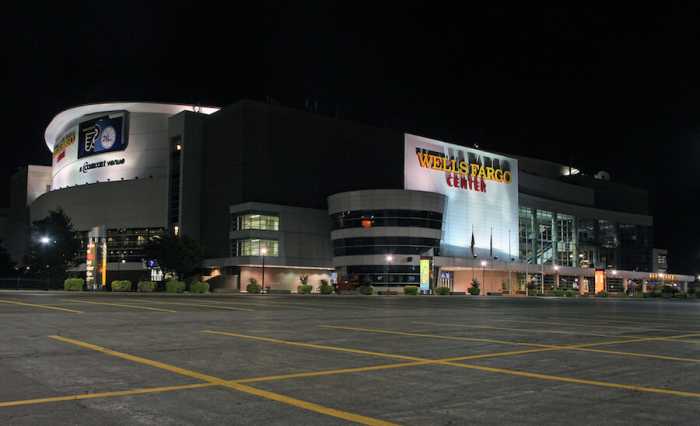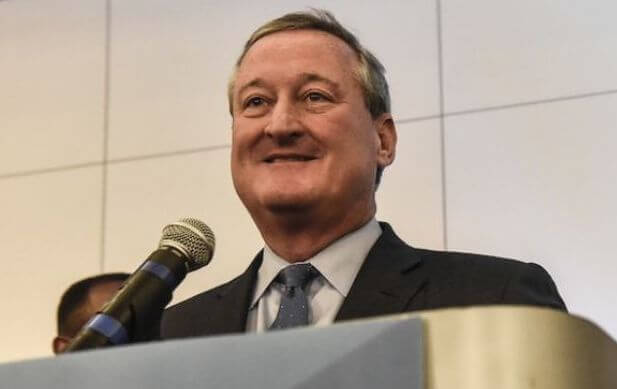A combined $3.3 billion is expected to flow into the coffers of Philadelphia city government, the School District of Philadelphia and SEPTA from the recently-passed federal stimulus package.
President Joe Biden kicked off a national tour Tuesday in Chester to promote the $1.9 trillion package, known as the American Rescue Plan Act.
The legislation, in addition to $1,400 checks to most Philadelphians and tax credits to families with children, provides $350 billion to state and local governments.
Earlier this week, officials in Mayor Jim Kenney’s administration said the money was “desperately needed;” however, it probably will not fix all of the city’s budgetary woes.
“It’s one-time money, and we have structural issues with our budget,” said Rob Dubow, Kenney’s finance director.
Preliminary estimates indicate the city government will receive $1.4 billion. It’s not clear yet exactly how the money can be used, but there will be some flexibility and, unlike previous relief packages, it can be used to make up for lost tax dollars.
Half of the money will go to City Hall in the coming weeks, with a second payment in a year. The funding can be used until the end of 2024.
Last month, the Kenney administration projected a $450 million budget deficit for the coming fiscal year, which starts July 1. They warned of potentially drastic cuts.
It’s unclear what effect the stimulus money will have on the fiscal gap, but any cuts would be “much less painful,” Dubow said.
“We’re still going through the process of seeing how this overlays with our budget and five-year plan,” he told reporters Tuesday. “We’re still early in that process, but we are in better shape than we were a week ago.”
COVID-19-related financial issues are expected to drag on for years, the Kenney administration said during a presentation in February. Last year, the city spent down its “rainy day fund” to soften the blow of tax revenue losses.
Even so, more than 450 employees, mostly seasonal workers, were laid off.
In a typical year, Kenney presents his budget proposal in March, but, in anticipation of the relief package, his administration has said it will deliver its spending package to City Council on April 15.
For SEPTA, the legislation means getting through the next few years without deep cuts, spokesman Andrew Busch said.
The authority is projected to get $667 million, about $24 million more than it received from the CARES Act, which was approved by the Trump administration last March.
SEPTA had been considering the possibility of service cuts and layoffs, but those measures are likely off the table until at least 2024, Busch said.
It’s still losing about $1 million a day due to steep pandemic-fueled ridership drops, and officials had thought existing service could be maintained only until sometime next year.
“The relief funds give us time to put together some strategic planning to address what we expect to be changes in ridership patterns when we’re recovering from the pandemic,” Busch said.
Representatives from the School District of Philadelphia said officials are analyzing how the school system will use the $1.275 billion it is set to receive as part of the American Rescue Plan.
A challenge is maximizing the money without embarking on initiatives that will require funding when the federal dollars run out.
“Our priorities for one-time expenditures that will create the greatest long-term impact include summer supports for students such as summer learning, after school and supplemental programs, social and emotional supports for students as they return to school following a full-pandemic year and investments in our facilities so we can accelerate efforts to continue the overhaul of our buildings,” the district said in a statement.
Uri Monson, the district’s chief financial officer, is expected to speak about how the money will be used at the Board of Education’s meeting next Thursday.
